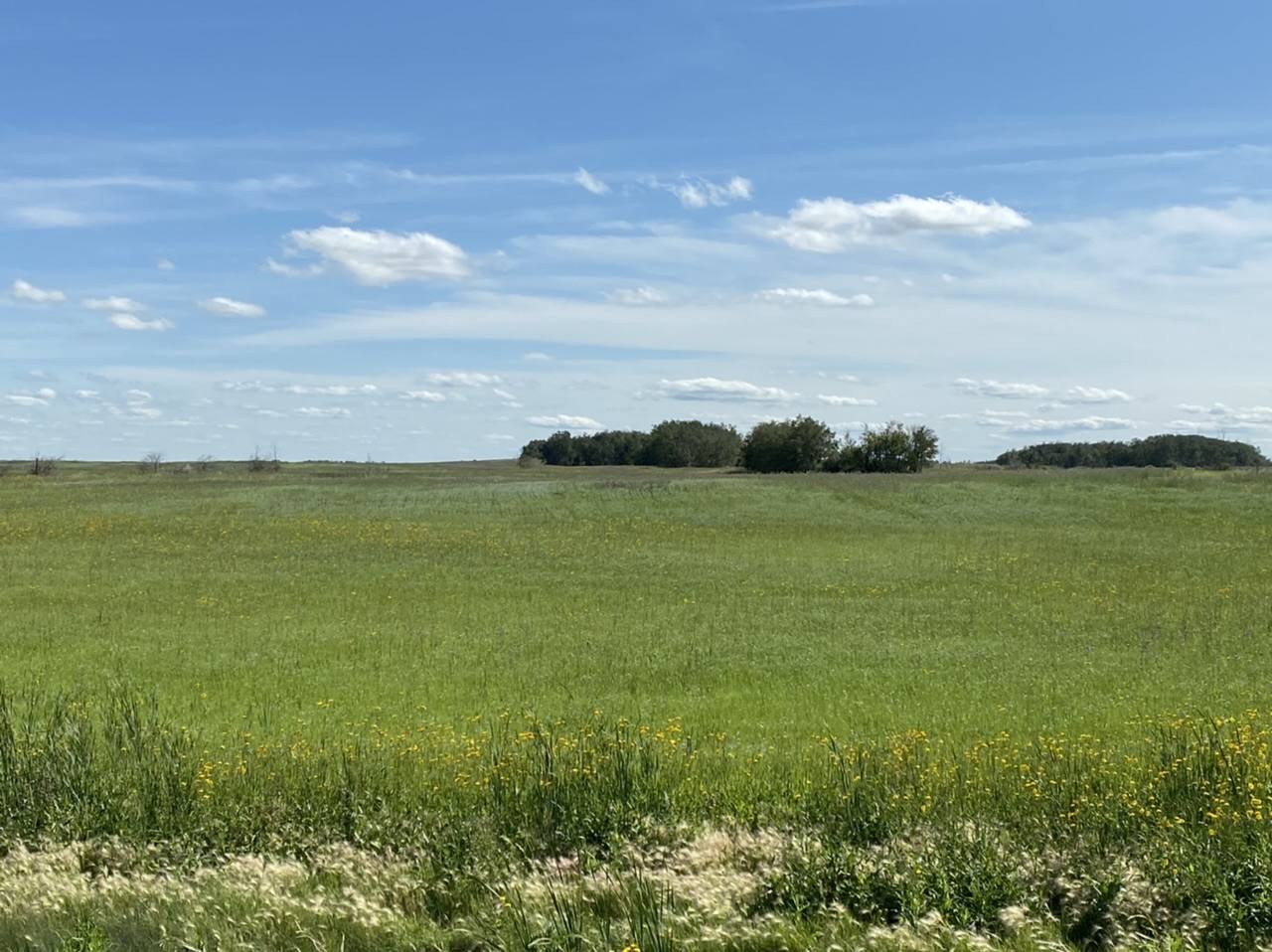I was organic farming for twenty years, and it is possible, but i was hampered by neighbouring land in trees and set aside that blew thistles and docks all over me.
90% of people that go organic have zero farming knowledge so are doomed to fail.
I still farm organic land, but i get paid to do it.
My own is conventional
90% of people that go organic have zero farming knowledge so are doomed to fail.
I still farm organic land, but i get paid to do it.
My own is conventional

Comment